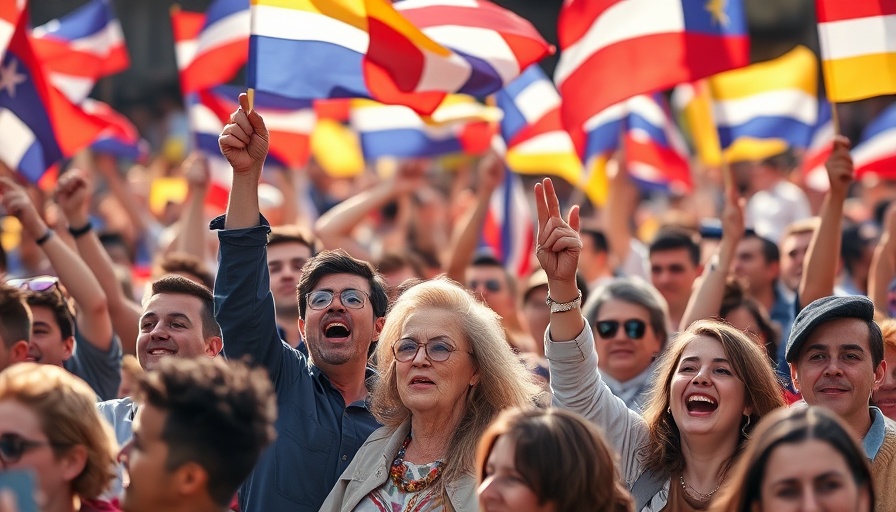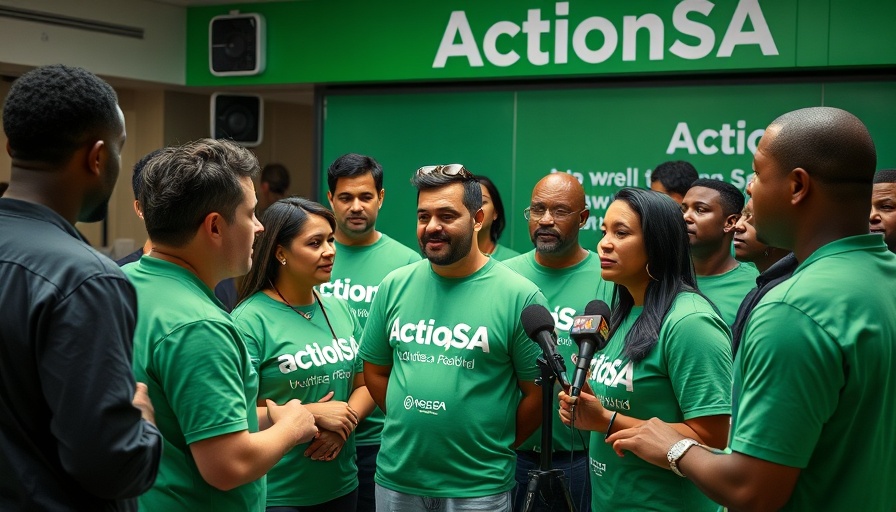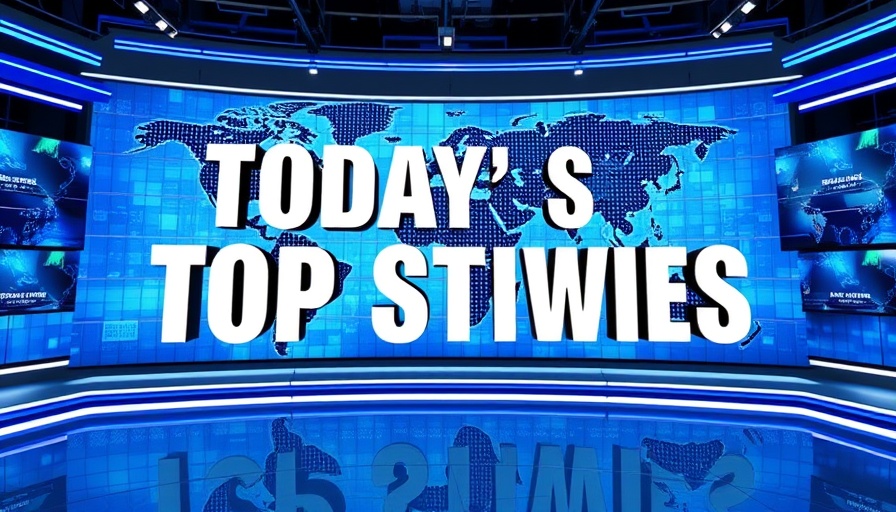
The Formation of a New Opposition Front
In recent developments in Ivory Coast, the political landscape has shifted with the formation of an alliance between two major opposition parties—the Ivorian Popular Front (PPACI) and the Democratic Party of Côte d'Ivoire (PDCI). This united front, spearheaded by former presidents Laurent Gbagbo and Tidjane Thiam, aims to challenge the current political order and assert their right to participate in upcoming presidential elections. As tensions in the Ivorian political climate continue to escalate, this alliance seeks not only to revise the electoral list but to also amplify their voices against what they perceive as a trend of exclusion from the democratic process.
In 'Ivory Coast: Laurent Gbagbo and Tidjane Thiam's parties form a united opposition front', the discussion dives into the critical political alliance forming in Ivory Coast, exploring key insights that sparked deeper analysis on our end.
A Call for Inclusion Amidst Exclusion
The political environment in Ivory Coast has been predominantly marked by exclusionary practices, particularly regarding significant political figures. The courts’ recent decisions to exclude certain opposition leaders from the electoral process have exacerbated existing tensions, inciting fears about the fairness and transparency of the upcoming elections. The alliance's creation is a substantial response to these challenges, casting a spotlight on the urgent need for political inclusivity.
Pressure on the Ruling Party
Addressing the formation of this alliance, the ruling party, the Rally of Houphouëtistes for Democracy and Peace (RHDP), has downplayed the opposition's demands, framing them as attempts to obstruct the electoral process. This characterization underscores the ruling party's commitment to maintaining its current grip on power, despite the growing discontent among sections of the Ivorian populace. However, the ruling party's dismissive stance could backfire and amplify calls for political reform, raising questions about the long-term implications for governance in Ivory Coast.
The Role of Gbagbo and Thiam in Shaping Political Discourse
Laurent Gbagbo, having been a formidable political presence in Ivory Coast's tumultuous history, signifies a rallying figure for those advocating for change. His controversial past and persistent influence render him a potent symbol of opposition. Joining him is Tidjane Thiam, a prominent figure known for his candor in addressing governance and economic issues. Together, their leadership in this new coalition represents a formidable challenge to the status quo and serves as a catalyst for galvanizing support among voters who feel disenfranchised by the political elite.
The Implications for Future Elections and Governance
As the 2025 presidential election draws nearer, the impact of this alliance will be crucial. The push for the inclusion of all candidates raises significant questions regarding electoral integrity and government accountability. Observers are keenly watching to see how the ruling party responds to this coalition and whether it will yield meaningful dialogue leading to a more participatory electoral process.
Potential Outcomes and International Response
The situation in Ivory Coast is not just a local concern but forms part of a broader narrative within African politics, where democracy is often tested by political maneuvering. The international community, particularly the African Union and regional bodies, will likely be involved, advocating for fair electoral practices. As historic patterns of exclusion resurface, the pressure from both domestic and international fronts may compel the political elite to reevaluate their approach.
Conclusion: A Road Ahead for Ivorian Politics
In summary, the alliance between Gbagbo’s PPACI and Thiam’s PDCI marks a critical juncture in Ivorian politics, emphasizing the essential need for inclusion in the electoral process. As this story unfolds, the outcomes of these developments will not only shape the political landscape of Ivory Coast but may also resonate throughout the African continent, offering valuable lessons on governance and the power dynamics at play in democratic systems.
If you are invested in the future of African politics and governance reforms, engaging with these developments is crucial. Staying informed will empower you to advocate for greater accountability and transparency in your local and national political landscapes.
 Add Row
Add Row  Add
Add 




Write A Comment